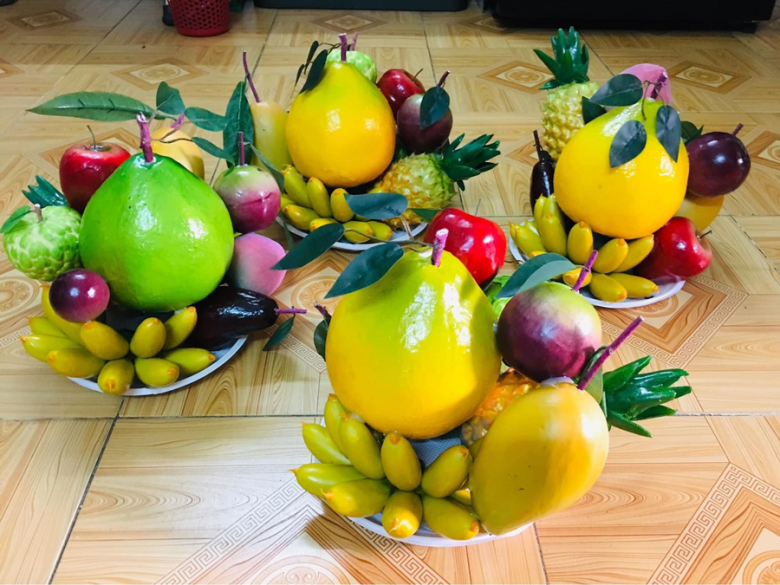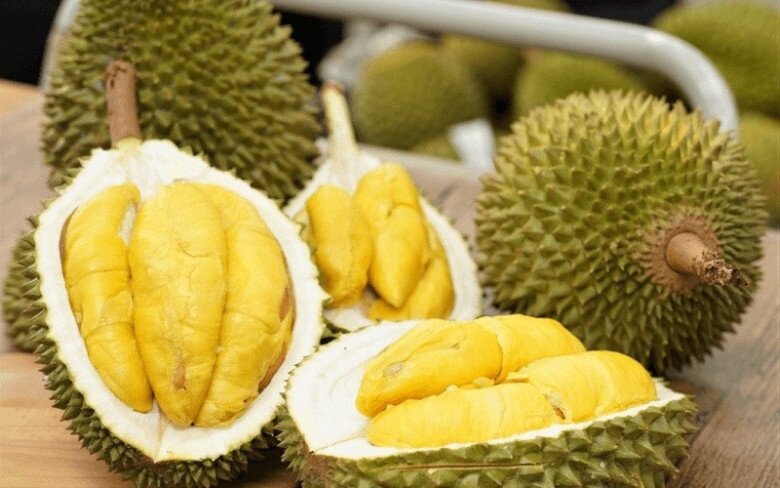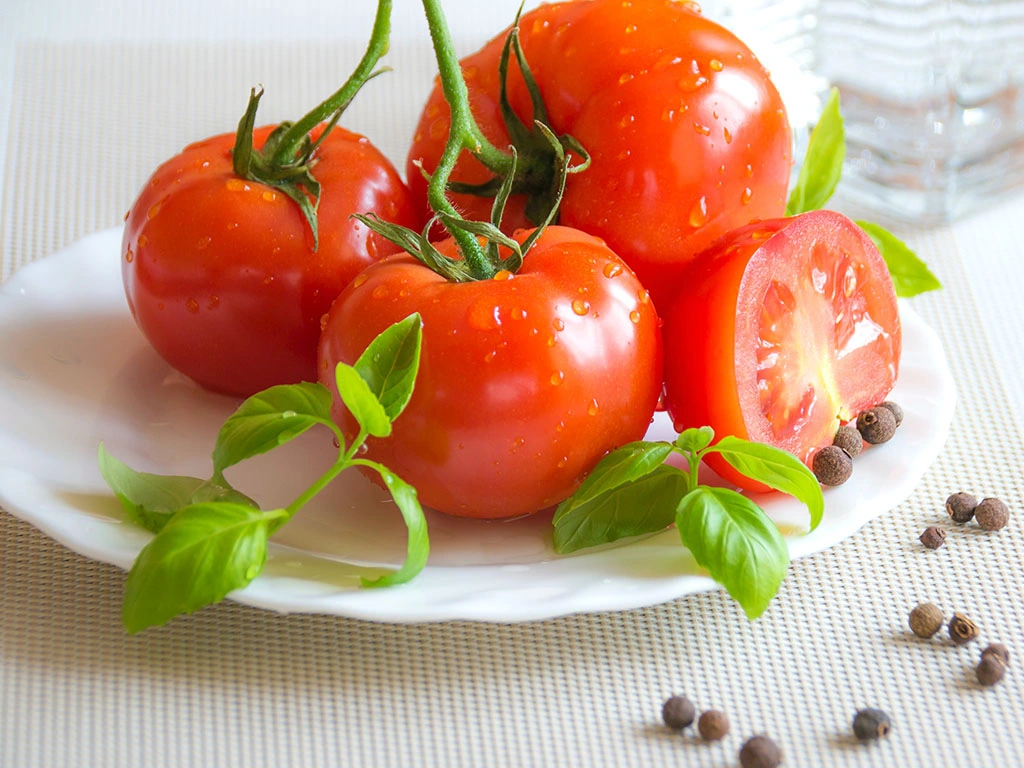The ancestral altar is not just a place to burn incense and remember our ancestors, but also a place of intersection between descendants and the sacred, seeking protection, blessings, and peace. Therefore, the selection of fruits for offering should be carefully considered. The following types of fruits are not recommended to be placed on the altar on the 15th day of the lunar month, the first day of the lunar month, or during holidays and Tet holidays as they may affect the solemnity, purity, and positive energy in the family.
1. Artificial fruits – beautiful but lacking vitality
Nowadays, in markets or gold-voucher shops, many types of artificial fruits are sold with eye-catching shapes and bright colors, and they never rot. However, when placed on the altar, these lifeless fruits cannot express the sincerity of the owner.

According to folk beliefs, the ancestral altar is a place to receive fresh and pure offerings, symbolizing abundance and good luck. Instead of plastic fruits, homeowners should choose fresh and juicy fruits that are not only beautiful but also show sincerity and gratitude to their ancestors.
2. Strong-scented fruits – impacting the worship space
Fruits with strong scents such as jackfruit and durian have a distinctive and appealing aroma, but they are not suitable for the altar. The strong fragrance can overpower the pure scent of incense, which is considered a bridge between the mortal world and the spiritual realm.

Moreover, the strong scent can affect the solemn and pure atmosphere of the worship space. To maintain a gentle and pure environment, homeowners should choose fruits with a mild fragrance such as grapefruit, tangerine, and orange, which create a pleasant feeling and symbolize reunion and abundance.
3. Overripe or rotten fruits – detracting from the beauty and solemnity
When ripe, fruits usually have attractive colors, look fresh, and are full of vitality. However, if left for too long, they can become overripe, rotten, and attract insects such as flies and mosquitoes. This not only affects hygiene but also the solemnity of the altar, which needs to maintain cleanliness and purity.
Additionally, overripe fruits can emit an unpleasant odor, reducing the purity of the worship space. Therefore, when choosing fruits for offerings, homeowners should prioritize firm, fresh fruits without signs of withering or decay to preserve the solemnity and reverence of the altar.
4. Low-hanging fruits – lacking elegance and purity
According to folk beliefs, low-hanging fruits like pineapple do not bring nobility and purity to the worship space. These fruits easily attract dust, carry yin energy, and lack height and freshness. In contrast, the ancestral altar is a place of connection with the spiritual realm, requiring pure, yang energy, and fresh offerings. However, in some places, pineapple is a common fruit on the altar during Tet, so it depends on local customs.

Additionally, fruits from the gourd family, such as tomatoes and cucumbers, should not be placed on the altar as they detract from the solemnity of the occasion. Instead, homeowners can choose fruits that grow on tall trees, such as mangoes, custard apples, and papayas, which symbolize abundance, blessings, and a fulfilling life.
5. Fruits with sharp spines – creating negative energy and disharmony
Fruits with sharp spines, such as durian and jackfruit, can easily cause injury and are believed to carry negative energy. In feng shui, fruits with sharp spines are considered to carry killing energy, leading to conflict and disharmony. Placing these fruits on the altar can disrupt the peace and harmony within the family.
Instead of spiny fruits, homeowners can choose smooth and round fruits such as apples, pears, oranges, and grapefruits, creating a calm and peaceful atmosphere while symbolizing wealth and peace.
Why Do Ancestors Instruct to Place the Flower Vase for Incense on the Altar to the Left? The Rich Pay Close Attention to This
The act of placing a vase of flowers on the ancestral altar holds great spiritual significance. Our ancestors believed that this simple act of reverence was an important part of connecting with the divine and paying respect to the departed. It was a tradition that was held in high regard and passed down through generations, with elders emphasizing its importance to their descendants.
6 House Cleaning Mistakes That Will Cost You: A Guide to Avoiding the Pitfalls
The New Year is a time for a fresh start, and that includes giving your home a much-needed refresh. As life returns to normal, it’s important to create a clean and organized space to help you focus on your goals and aspirations. Here are a few things to keep in mind as you embark on your post-holiday cleaning journey:
The Ultimate Guide to Year-End House Cleaning: Uncover the Secrets of “3 Don’t Keep, 4 Don’t Touch, 5 Must-Sweep” for a Prosperous New Year
The year-end cleaning ritual is more than just a habit; it is a symbolic gesture of sweeping away bad luck and inviting good fortune. So, when you’re tidying up your home to bid farewell to the old year, remember the rule of “3 don’t keeps, 4 don’t moves, and 5 must sweeps” to usher in wealth and prosperity for the coming year.














